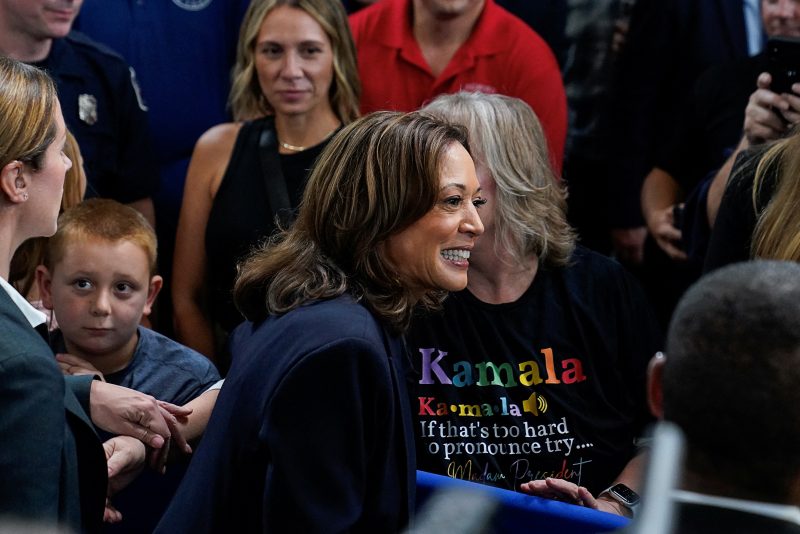In a significant move to engage with Arab American and Muslim leaders, Vice President Kamala Harris visited Michigan to discuss the challenges faced by these communities and to reaffirm the commitment of the Biden administration to inclusivity and diversity. The meeting, organized by Access, a nonprofit organization dedicated to empowering Arab American and refugee communities, provided a platform for a candid dialogue on various issues affecting these groups.
During the discussion, Vice President Harris emphasized the importance of recognizing and addressing the discrimination and xenophobia that Arab American and Muslim communities often face. She highlighted the administration’s efforts to combat hate crimes, promote tolerance, and foster a more inclusive society. Harris reiterated the government’s commitment to upholding civil rights and protecting marginalized populations, underscoring the need for unity and solidarity in the face of adversity.
The meeting also delved into policy matters, with participants engaging in constructive conversations on topics such as immigration reform, healthcare access, and economic opportunities for Arab Americans and Muslims. Vice President Harris listened attentively to the concerns raised by community leaders and pledged to work towards implementing policies that address the specific needs and challenges faced by these communities.
The Vice President’s visit to Michigan symbolizes a broader commitment to engaging with diverse communities and building bridges across cultural and religious lines. By actively seeking input from Arab American and Muslim leaders, the administration demonstrates a genuine effort to understand their perspectives and incorporate their voices into policy-making processes.
Overall, the meeting between Vice President Harris and Arab American and Muslim leaders in Michigan serves as a positive step towards fostering greater understanding, respect, and collaboration between the government and these important communities. It highlights the value of inclusivity, diversity, and representation in shaping policies that promote equity and justice for all Americans. By continuing to engage with diverse voices and experiences, the administration can work towards a more inclusive and equitable society for everyone.




























